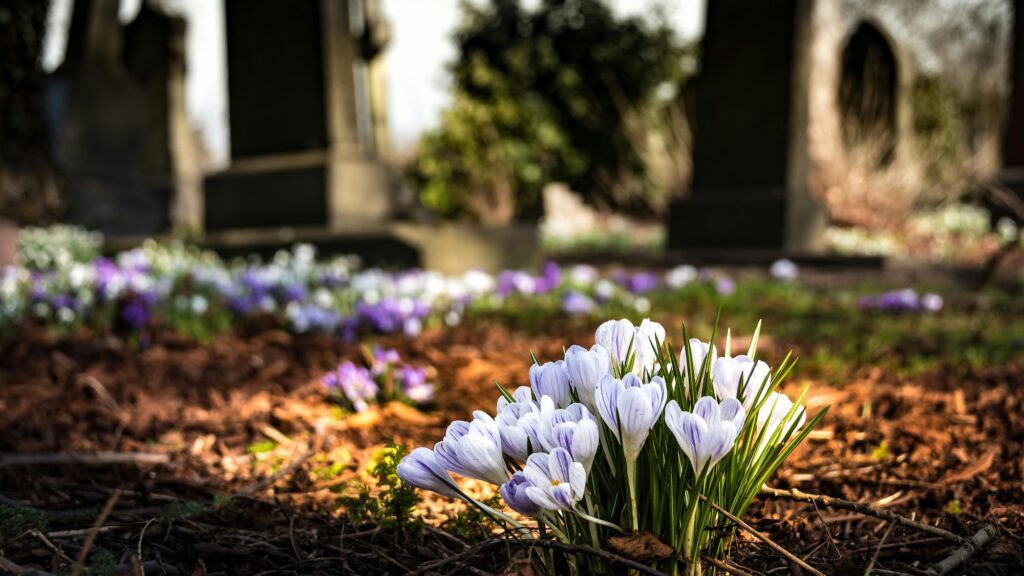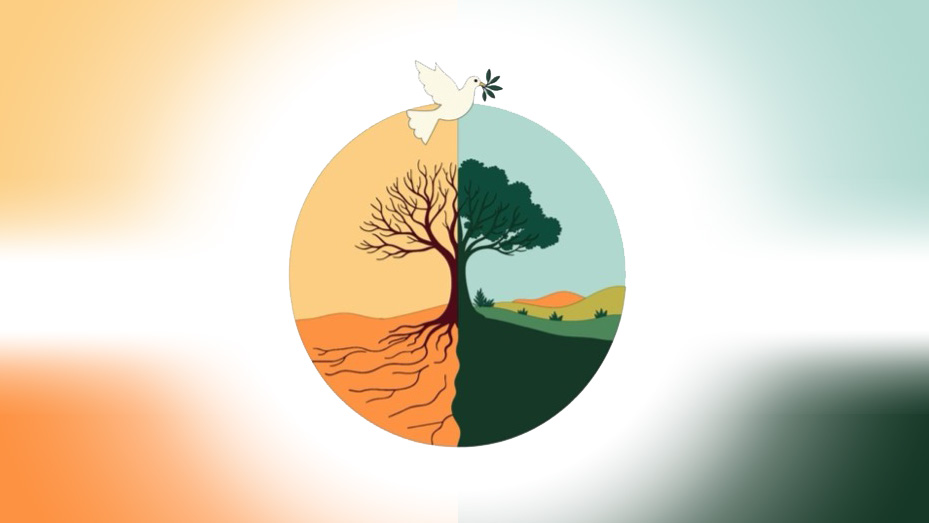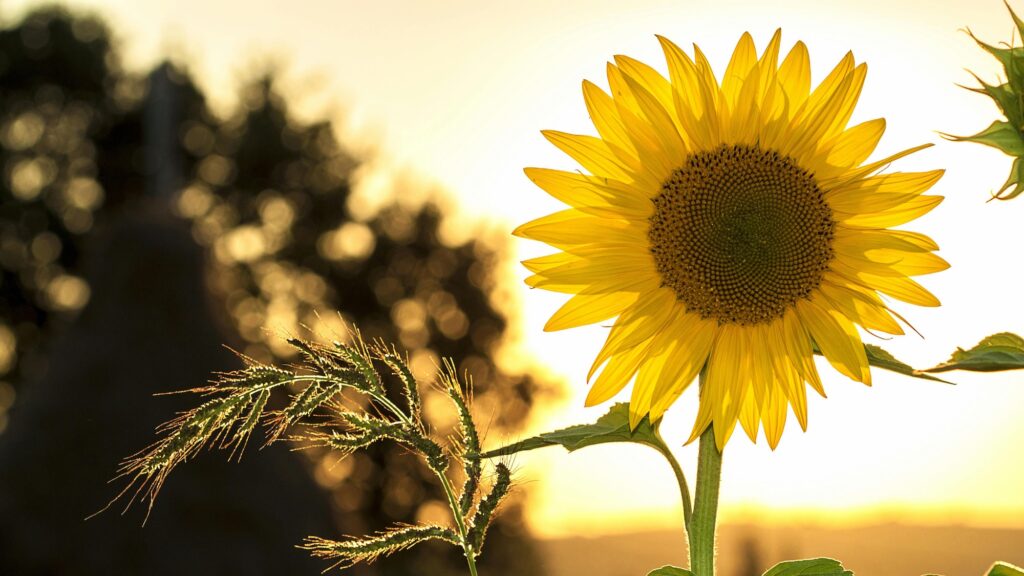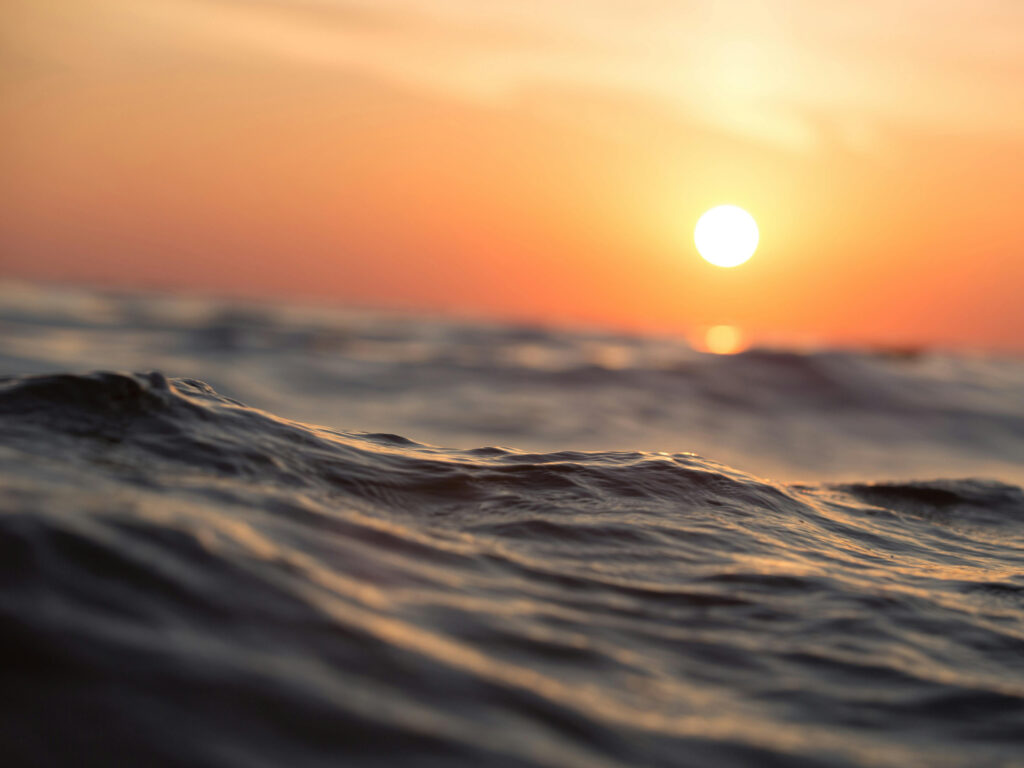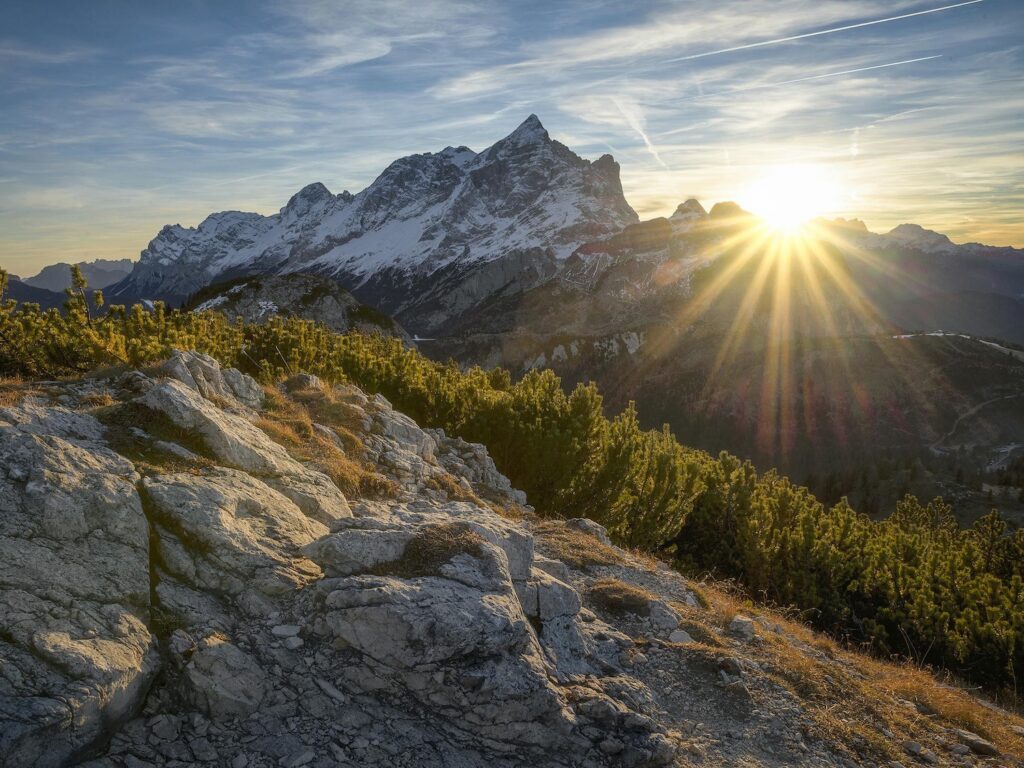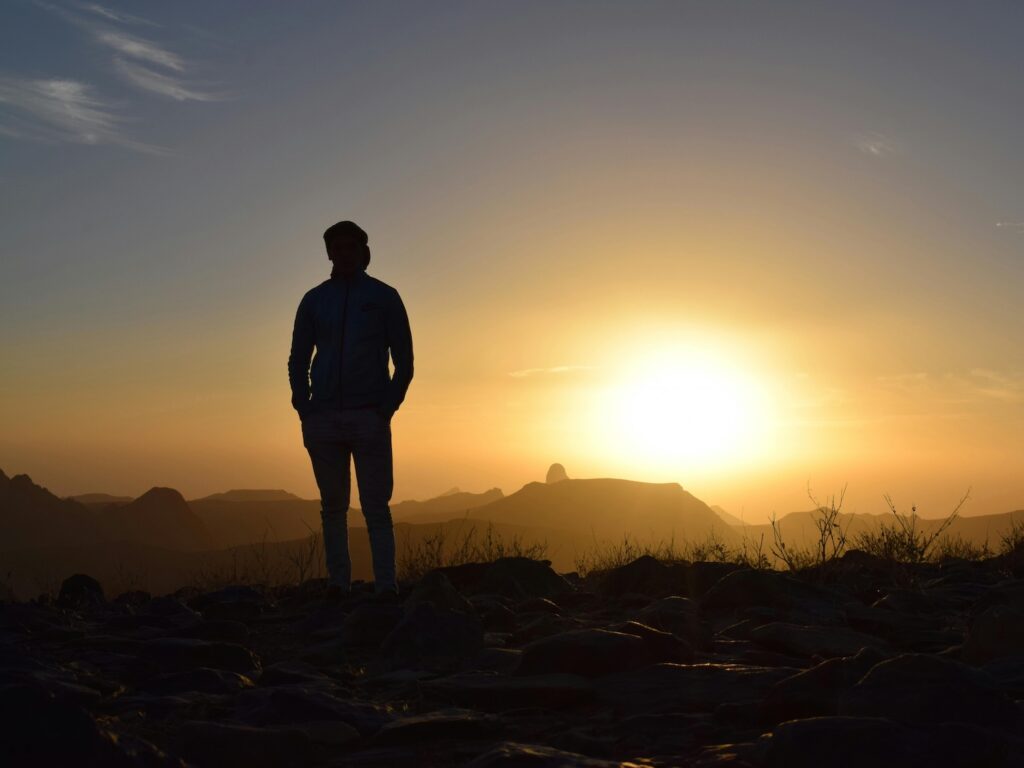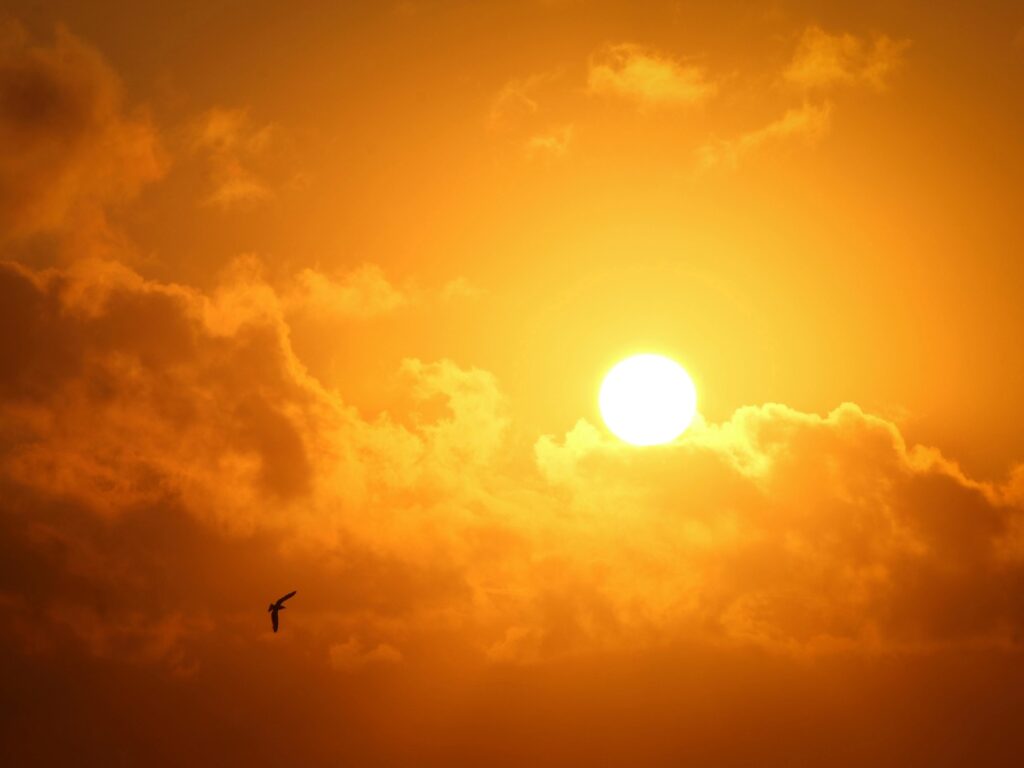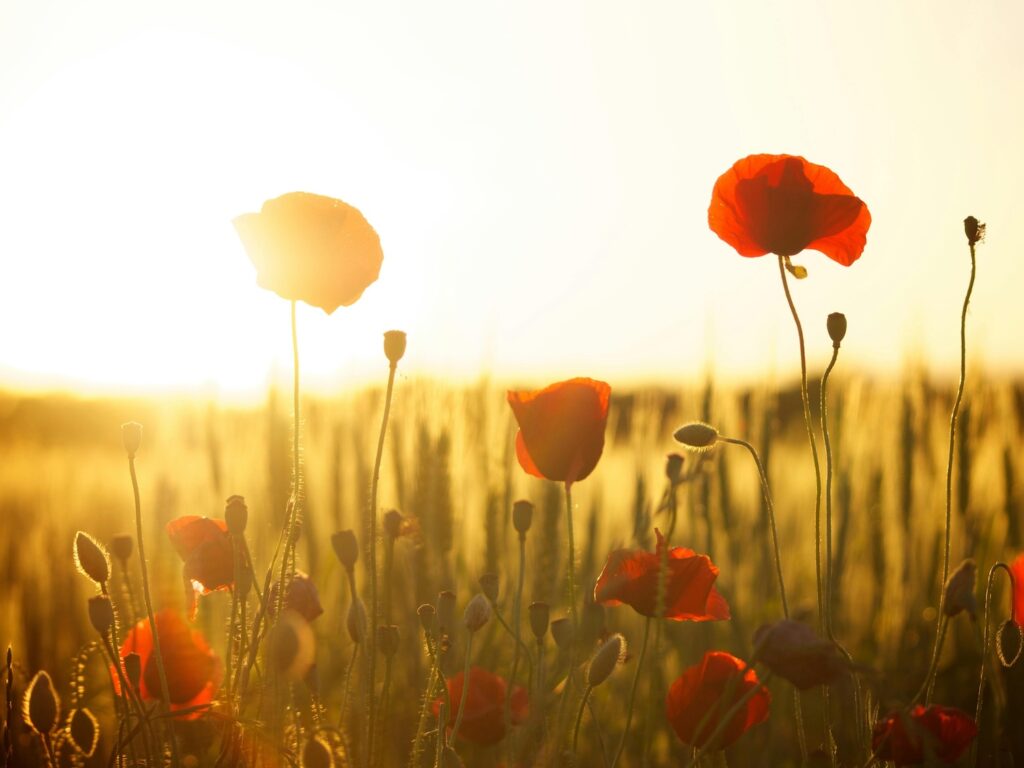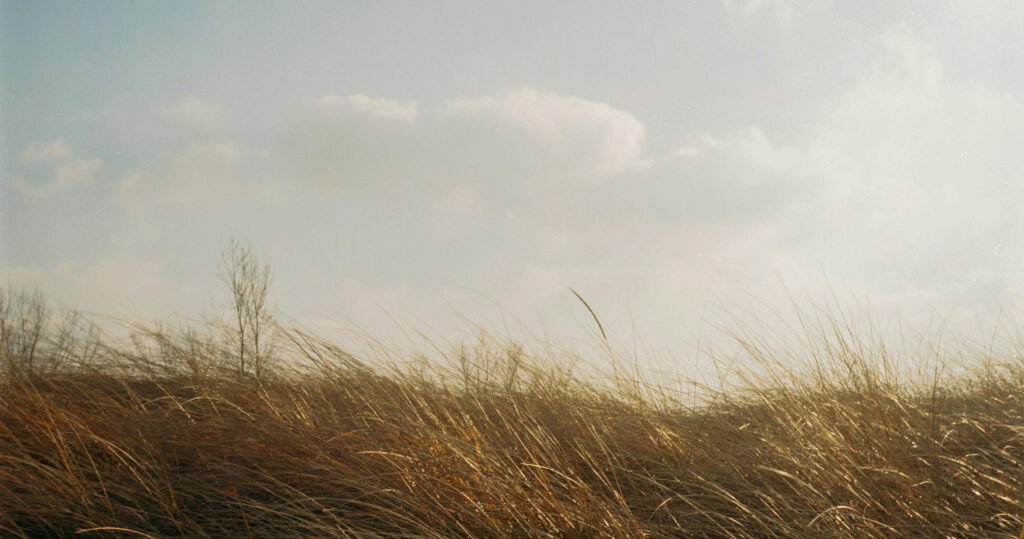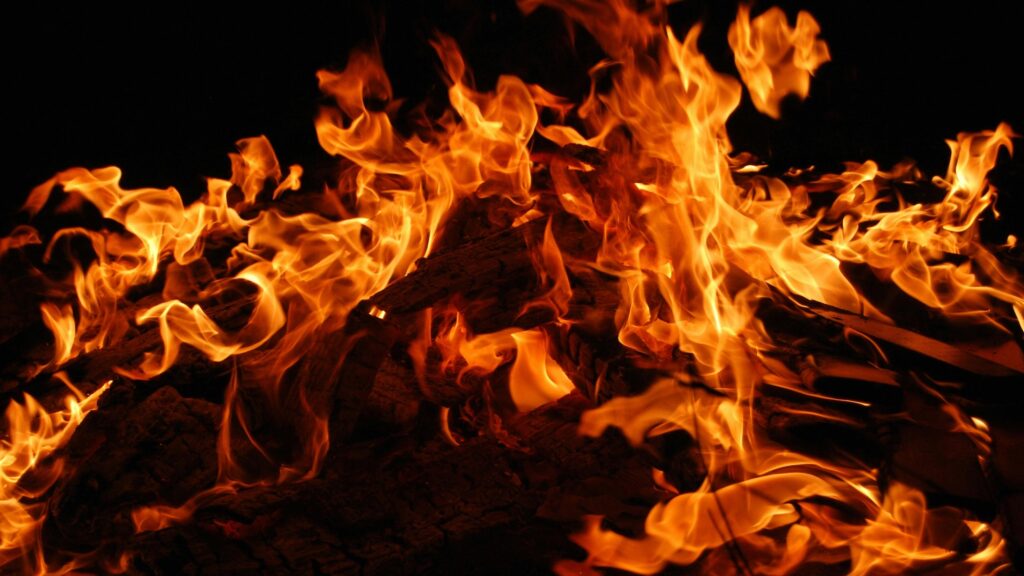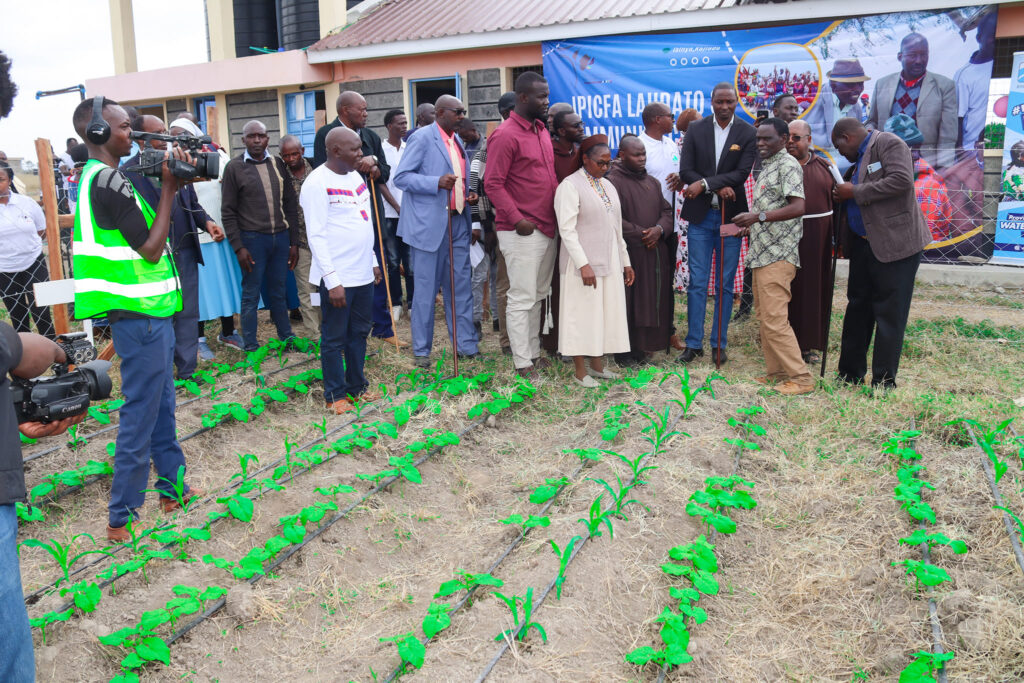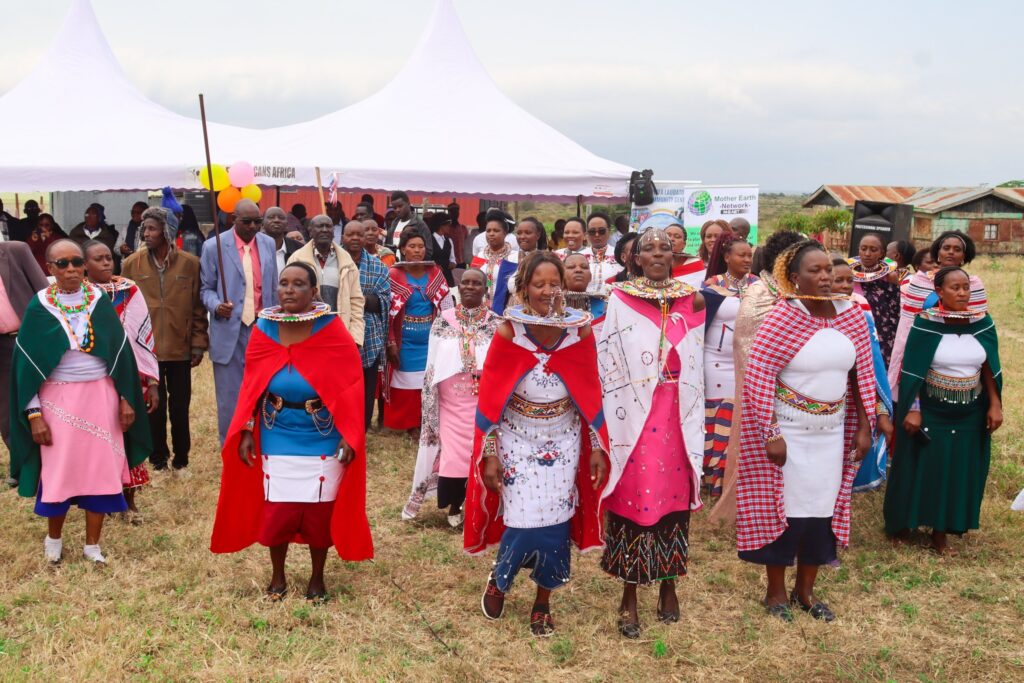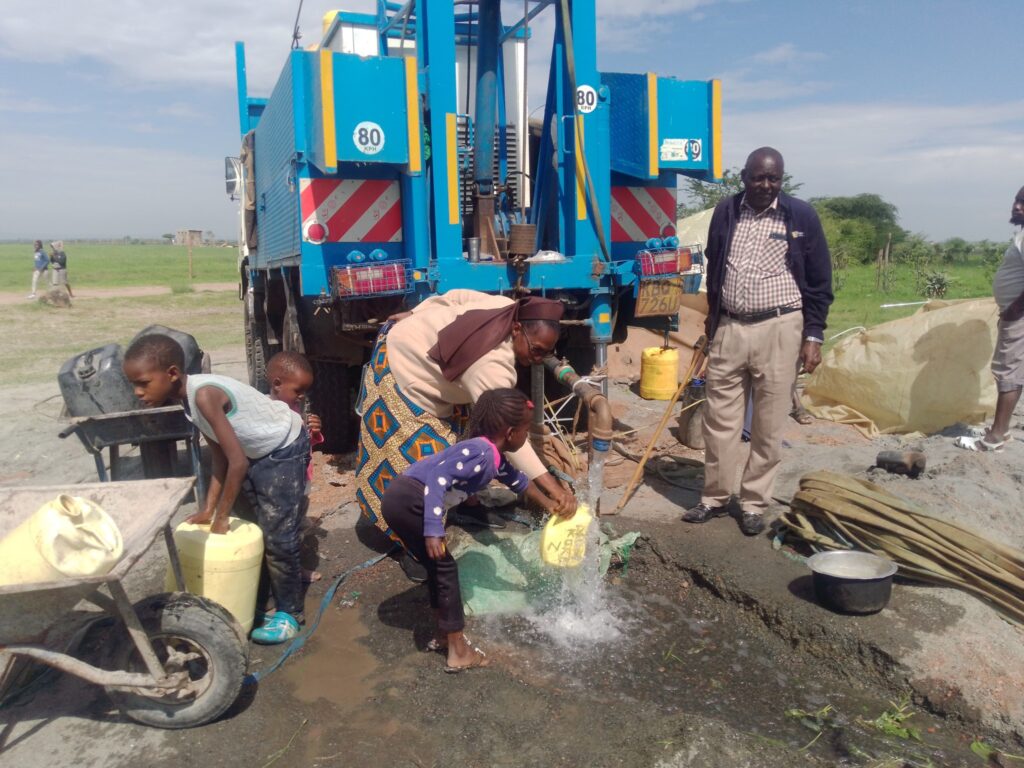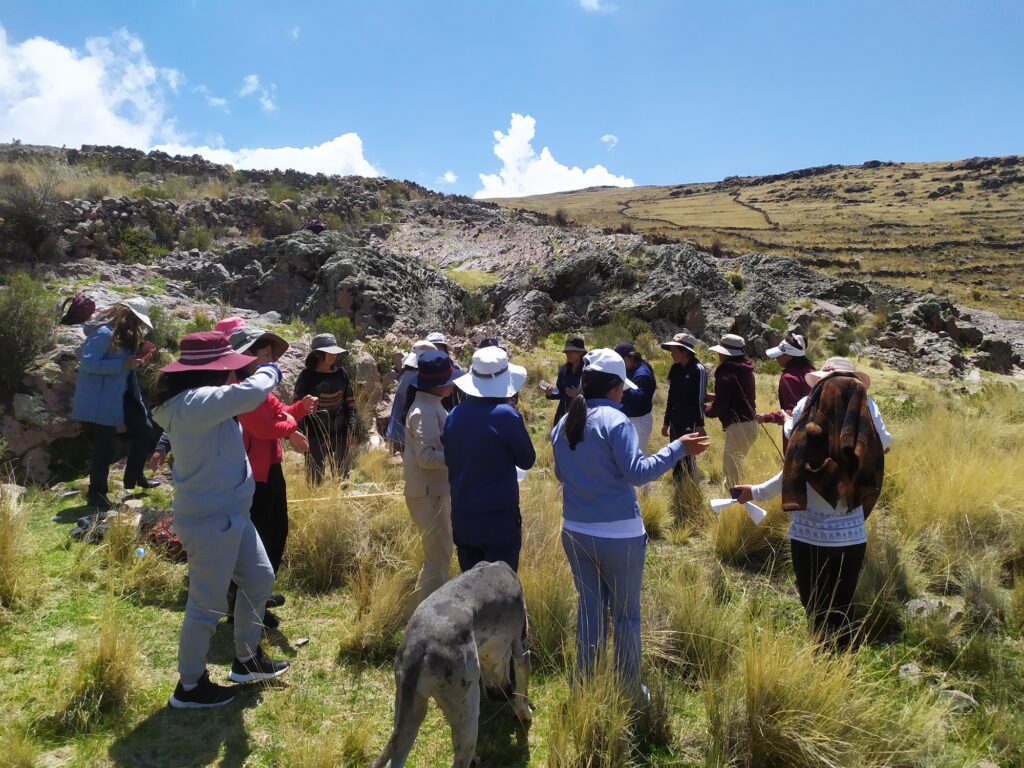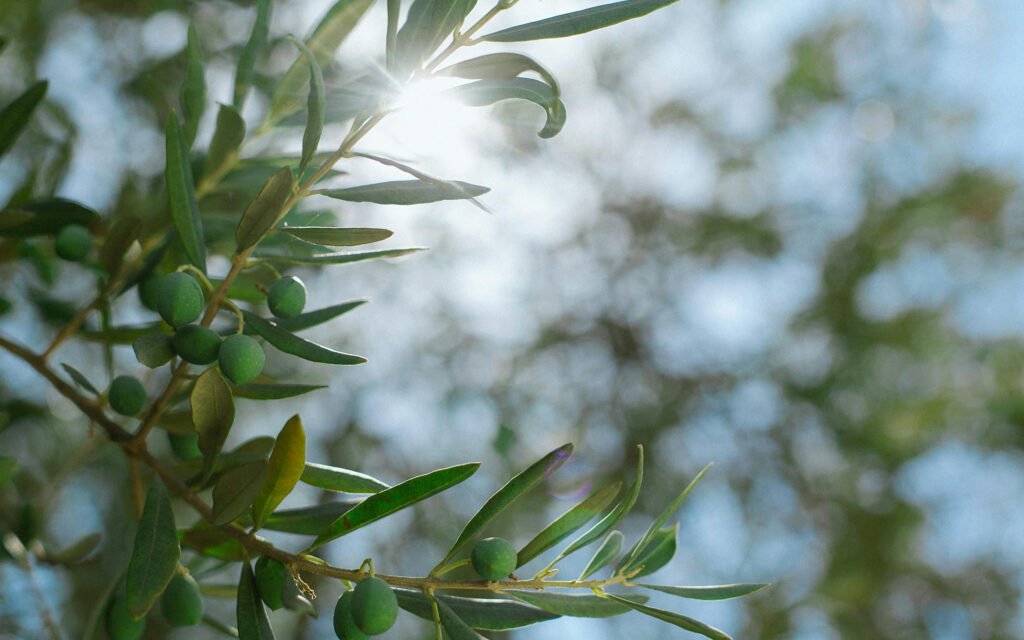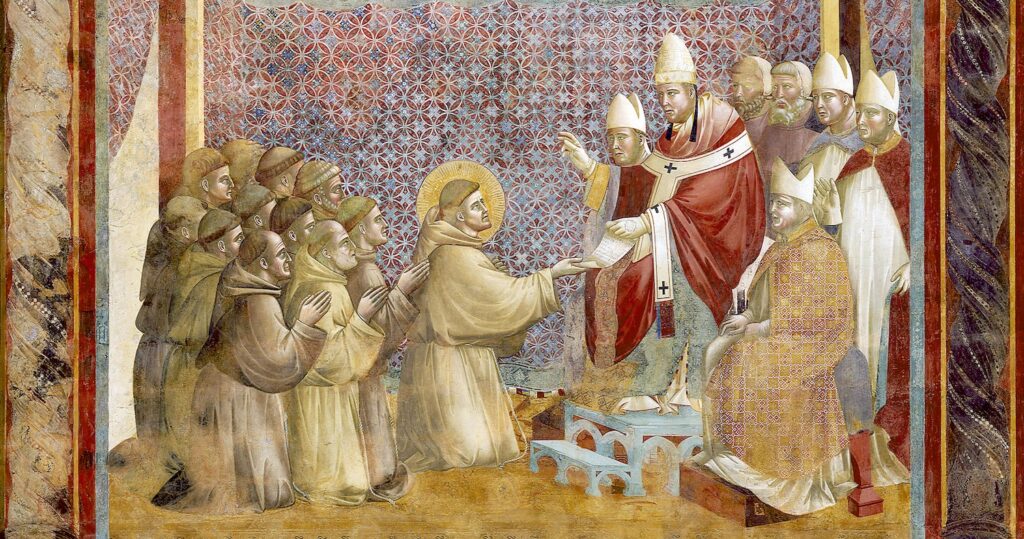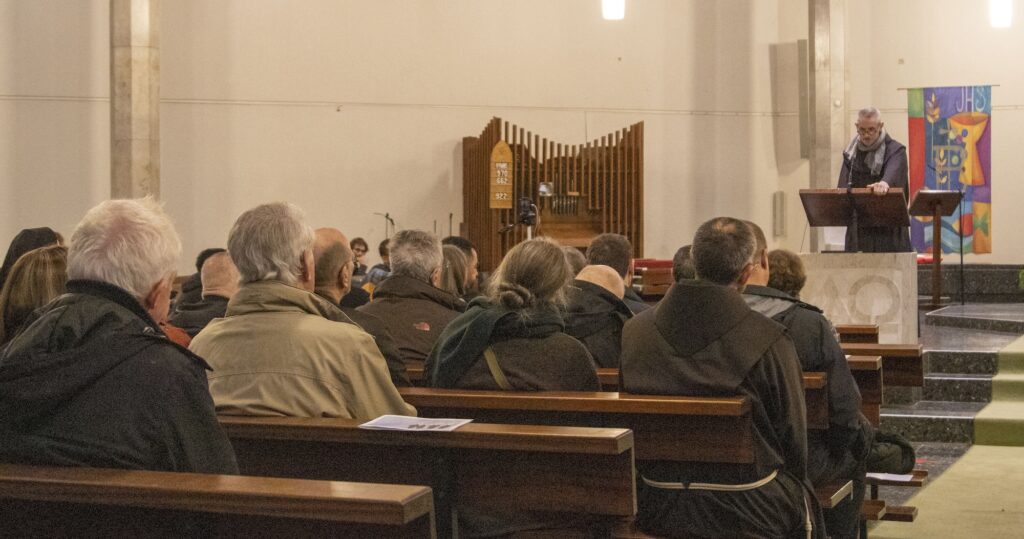On 8 November, friends, partners, and colleagues of Franciscans International gathered in Geneva to say goodbye to outgoing Executive Director Markus Heinze OFM and welcome Blair Matheson TSSF as his successor.
Reflecting on the change Brother Michael Perry OFM, as President of FI’s International Board of Directors, delivered the following address exploring leadership in a Franciscan context.
One of the most striking things about leadership in the ‘Franciscan’ world – if such a world really exists – is the intuitive sense that true authority is derived from the bottom, from being among the least, sharing their experience, and engaging with them, rather than seeking to occupy a place at the top of society. This approach is reflected in the lifelong evangelical project of St. Francis of Assisi who at age 44, when nearing death, invited the followers of his fledgling movement to gather close to him and listen to a story about servant leadership revealed in the life and service of a Palestinian-born rabbi named Jesus of Nazareth.
The text that St. Francis requested be read aloud is found in Chapter 13 of the Gospel of St. John in the Christian scriptures. Written after 90 A.D., it reflects a vision of leadership that in recent times has gained traction as essential to the promotion of an effective, engaging, and transformative approach to management and performance. I am, of course, speaking about servant leadership. In the 13th Chapter of gospel of St. John, we meet Jesus and his followers gathered around a table to share fraternity and prepare themselves for what was coming: rejection of Jesus as a religious leader, a rejection that would precipitate his death.
During the meal, Jesus rose from table, stripped his outer garments, bowed down, and began to wash the feet of his disciples. Peter, one of the first and most respected of his followers, protested that he would never allow the one who was his rabbi and leader to wash his feet. Jesus reasons with him and manages to convince him and the others to allow him to wash their feet. At the end of this humble act, Jesus invites them to reflect on the true nature of leadership: service, the washing of the feet of others, placing others in the center, and stepping out of the limelight in order that others might come to discover their authentic self-worth, their capacities and gifts, gifts from the Creator to be placed in service of others.
This is the message about leadership that St. Francis of Assisi wanted to impart to his fellow sojourners, the brothers, to all who sought to follow his example, and to all those who exercise roles of leadership: political, economic, social/cultural, and religious, inviting them to embrace the way of servant leadership.
It is worth noting that one of the first public acts of Cardinal Bergoglio who became Pope Francis was to go to the central prison in Rome and there, at a special religious celebration, bend down and wash the feet of prisoners, including those of a Muslim woman, signaling to the world his understanding of the nature of authentic leadership. He repeated this gesture in the at the Vatican in the presence of two leaders in open conflict with one another, provoking tremendous suffering among their people. I am speaking about President Salva Kiir and Vice-President Riek Machar of South Sudan.
But one might ask: “What has talk about servant leadership to do with the work of Franciscans International, its trusted and beloved partner NGOs, or the U.N. for that matter?” My response: How else might the actions of defending human rights, placing the needs and legitimate concerns of others front and center, seeking to promote care for the environment and for all sectors of the global human community be defined, except through the lens of servant leadership.
Servant leadership, in the context of our work at the U.N., is about promoting the dignity of all people, of all living reality. It is about celebrating fundamental human rights that all people enjoy irrespective of their religious, economic, socio-cultural, geographical or other origins and identity. Servant leadership is about doing all in one’s capacity to promote and defend universal freedom, justice, and peace. We have known for a very long time the deep cry of human suffering in so many parts of the world, cries oftentimes left unanswered. More recent events now oblige us to take up with renewed resolve the mantle of freedom, justice, and lasting peace, and to do so with profound humility and with the conviction that good will win over evil, love over hatred, and mercy over vengeance.
Servant Leadership in a Franciscan mode recognizes and celebrates beauty: the beauty of each creature – human, and all other creatures inhabiting this tiny, fragile planet Earth. Franciscan leadership does not promote the path of self-advancement. Rather, it seeks to engage in the mutual act of raising up each person in a way that is empowering, that engages the person whose rights and dignity have been denied or limited, allowing them to assume their rightful place as principal agents and protagonists of their lives, their local communities, and, ultimately, of the world community.
Franciscan leadership – indeed, our work in human rights – is about living out the ideal of servant leadership. We are called to be experts in understanding the legal mechanisms related to national and international law, the mechanisms of the UN Charter, the Human Rights Council, and those of the Security Council with the goal of encouraging all nations to respect and promote the well-being of their citizens. At the same time, we also are called to be experts in listening, capable of engendering trust, building relationships of mutual respect and collaboration, valuing the ideas and contributions of every person, not only because of their technical or other contributions to our work but because of their inherent dignity and value.
Franciscan servant leadership never runs away from difficult challenges but faces them with faith, hope, and loving attention. Franciscan leadership is about accompaniment: accompanying those who seek conditions that render their lives more humane, allowing them to achieve their full potential. It is about being accompanied: allowing ourselves to be mentored by those who by all standards are not counted by society, that “throw-away” people, just as St. Francis allowed the leper to mentor him and open his eyes to a much larger world, the world of the excluded.
In closing, I am reminded of a servant leader who worked at the U.N. promoting active engagement of all peoples in pursuit of the dream of a new world order. He not only ‘dreamed’ about this new world order; he used his position and energy to help begin to set in motion all the necessary actors and means favoring its construction. This servant leader is the former and now deceased Secretary-General Kofi Annan.
He enjoyed a level of global recognition and respect most national leaders could only envy. This was due in large measure to the decency and care he showed towards all whom he met. His was an instinctive respect shown toward others, even those who disagreed with him. His leadership style brought out the best in others, especially his colleagues. He could laugh with them and at himself, and cry with them, cry with all of humanity suffering the consequences of conflicts, war, disease, and human loss.
Such servant leaders as St. Francis of Assisi and Kofi Annan inspire others to act in selfless ways, placing the needs of others at the center, promoting an integral vision of the unity of all of humanity. To each of their credits, their visions of servant leadership has served to inspire young people – and those not so young- to once again believe in life, in the goodness of others, and in the hope that a new world is possible if people come together and work for the common good.

